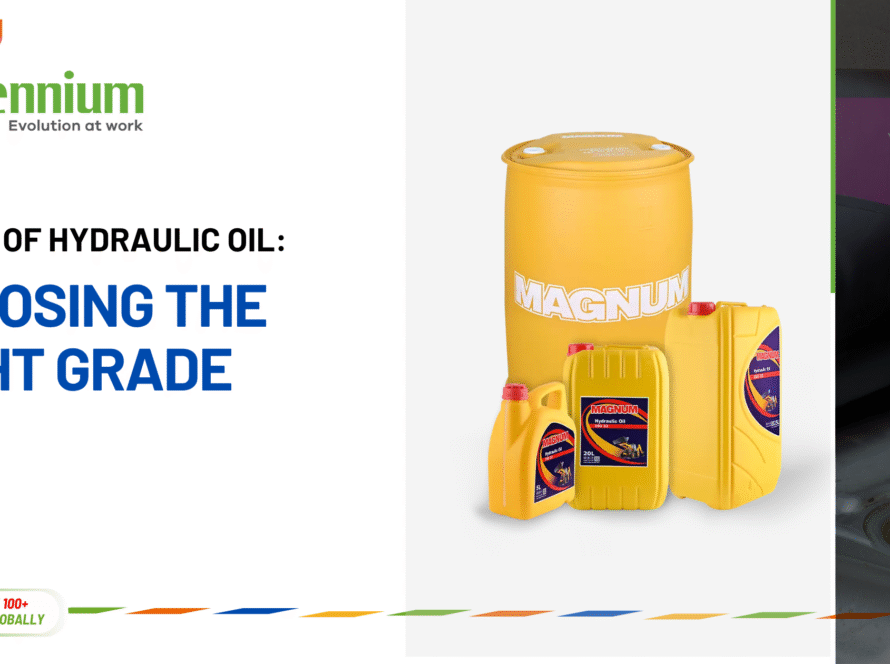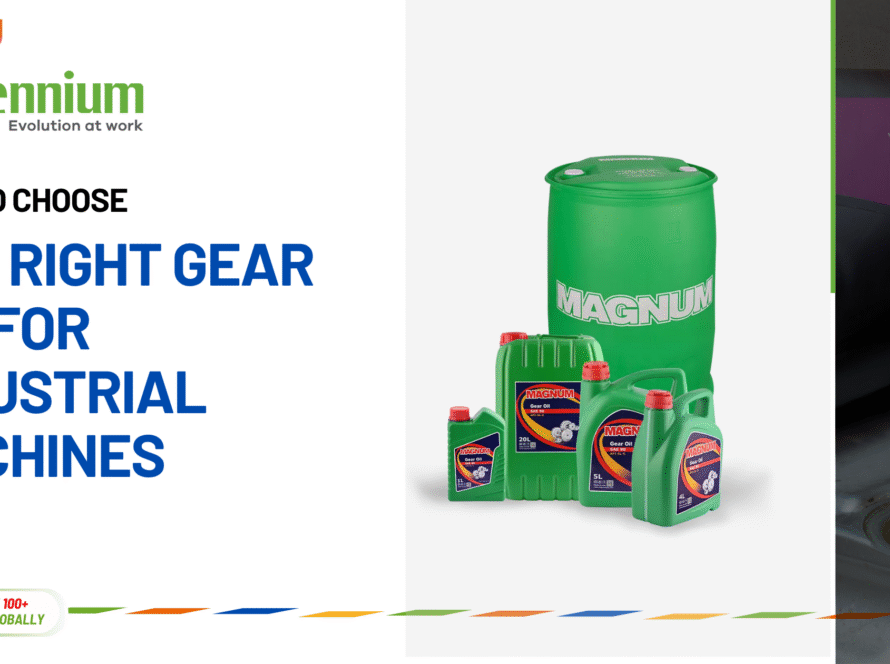Gasoline is one of the most common fuels used in vehicles and equipment, but people often ask if it can spoil. Surprisingly enough, gasoline does have a shelf life though if it is stored right or not left to stagnate for years it will not cause harm to engines.
Checking the quality of gasoline and safe storage is very important. In this blog, we will be discussing how gasoline decays, signs of bad gasoline and some tips to follow when storing gasoline for efficiency.
Understanding Gasoline Shelf Life
What is the Shelf Life of Gasoline?
Petrol normally has a shelf-life period of 3-6 months. After this period the fuel becomes less volatile and comb usable and thus the transformers may overheat and explode.
Ethanol-blend gasoline that is used in most vehicles has a shorter life than pure gasoline because ethanol absorbs water. However, fresh gasoline when stored in proper condition coupled with the use of fuel stabilizers can last up to 1 year.
Factors That Affect Gasoline Longevity
The lifespan of gasoline depends on several factors, including:
- Storage Conditions: Fuel that is stored in a cool dry place remains fresh than a fuel exposed to changes in temperature or light.
- Additives: The formation of fuel stabilizers can go a long way in determining the period which gasoline can last.
- Fuel Type: Ethanol gasoline may eventually separate from other components in the long term due to its higher evaporation rate than gasoline, therefore ethanol mutually is more suitable for long term storage.
How Gasoline Goes Bad
Chemical Changes Over Time
It is a flammable portable non-sooty liquid which turns into oxide when it is in contact with the atmosphere. As a result, the fuel is found to contain a number of hydrocarbon deposits which with time slow down the formation of ‘gum’ and ‘varnish’ like deposits that plug fuel-systems. Also, evaporation reduces the effectiveness of gasoline by allowing the light, flammable components of gasoline to disappear.
Contamination Risks
It is vulnerable to water and or dirt or any other contaminant that it may come across within the process of transport. During storage, water may mix with the fuel, especially when the surrounding environment is critically moist, and cause a phase separation that affects ethanol-blended gasoline. Gasoline may also be contaminated by dirt and debris and this will make it an unhealthy fuel for the engines.
Loss of Octane Levels
In the process of the degradation of this fuel, its octane level declines causing the car’s engine to perform poorly. When the fuel octane rating is low then engine knocking occurs, power output decreases, and emissions rise thus fuel quality should be closely checked.
Signs That Gasoline Has Gone Bad
Unusual Odor
The first thing that comes to the human mind while evaluating the quality of gasoline is its smell – and, as a rule, bad gasoline smells rather sour or pungent. New gasoline has a somewhat sweet smell, while as it begins to spoil, undergoes chemical changes that produce a foul smell to signal its unsuitability for use.
Discoloration
Products that spoil usually get a darker shade in color; gasoline has a very pale orange color, which changes to a cloudy or brown color. They find this discoloration to be a sign of oxidation and contamination that appears on the surface of the material.
Engine Performance Issues
The benefits to be derived from using old gasoline are appreciable engine troubles include; hard starting, sputtering or poor acceleration. At its worst, it may even cause significant harm to the engine; therefore, owners should insist on premium-grade fuel.
What to Do If Gasoline Goes Bad
Can Old Gasoline Be Used?
Old gasoline is however not the best since it can be reused by adding a new stock of gasoline. But this is only possible if the gasoline has only slightly deteriorated. It is totally wrong to use severely bad fuel because it can negatively affect your engine or fuel system.
How to Dispose of Bad Gasoline
Disposal of remains of old gasoline is usually costly and dangerous if not well handled to avoid posing some effects on human life and the environment. It is crucial to call the disposal vessel of the hazardous waste disposal or a recycling center to deal with the fuel safely. Don’t dump them down the sink or out into the ground, as this is very dangerous to the ecosystem.
Tips for Storing Gasoline Properly
Use Approved Gasoline Containers
Always ensure that gasoline is stored in approved receptacles for flammable contents. These containers are specifically designed to avoid cases of leakage, spillage and emission of any kind of vapors.
Store in a Cool, Dry Place
Temperature changes and humidity negatively impact how long gasoline is useful or lasts. Selected an appropriate location that should be cool, and dry away from being exposed to scorching sun and sources of heat to prolong its shelf life.
Add Fuel Stabilizers
These chemicals, when added to the fuel, reduce the formation rates of gum and varnish by controlling oxidation and evaporative losses. It can be capable of ensuring that the storage of gasoline for long durations preserves its quality for use for not less than one year, when a stabilizer is incorporated.



